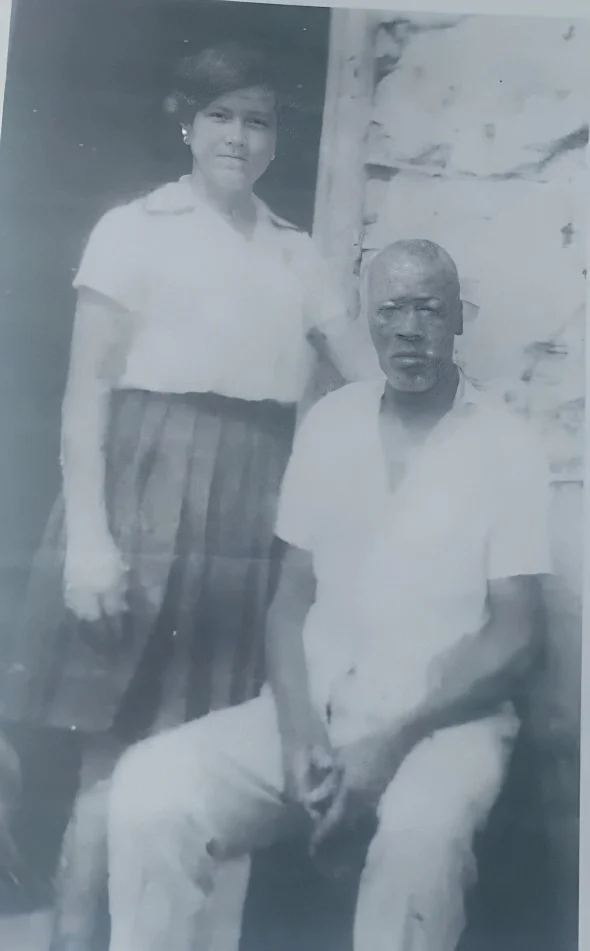- Lived in: Santo Amaro, Bahia, Brazil
- Date of Birth: 15-Mar-1876
- Date of Death: 16-Sep-1969
- Learned from: João Oléa, Tia Jô, and Zé do Brinquinho
- Capoeira Style: Angola
Biography:
Mestre Popó do Maculelê (Paulino Almeida de Andrade)
15 March 1876 – 16 September 1969 • Santo Amaro, Bahia
A fisherman’s son from Santo Amaro, Mestre Popó do Maculelê carried an old fire into a new century. He learned maculelê from elders of Malê descent—guardians who kept memory alive in rhythm, song, and the clash of sticks. From mentors like João Oléa, Tia Jô, and Zé do Brinquinho, he inherited not just steps, but a worldview: maculelê as celebration, training, discipline, and quiet resistance.
By 1943, as the elders passed on and public practice waned, Popó gathered family and neighbors and replanted maculelê in the streets of Santo Amaro. He shaped the Conjunto de Maculelê de Santo Amaro, weaving candomblé cadence into choreography, tightening timing and precision, and teaching that every strike and turn should answer the drum. Under his direction, maculelê stepped from backyards to squares and, eventually, into capoeira rodas across Brazil—no longer a fading memory, but a living tradition.
For Popó, maculelê was always double-edged: dance and combat, joy and strategy. He said the spectacle could mask training, letting a community sharpen itself while appearing to play. That insight explains why his revival endured: it wasn’t nostalgia—it was purpose. When he passed at 93, he left more than a troupe or a technique. He left a template for cultural survival, a way for music and movement to guard history while welcoming the future.
